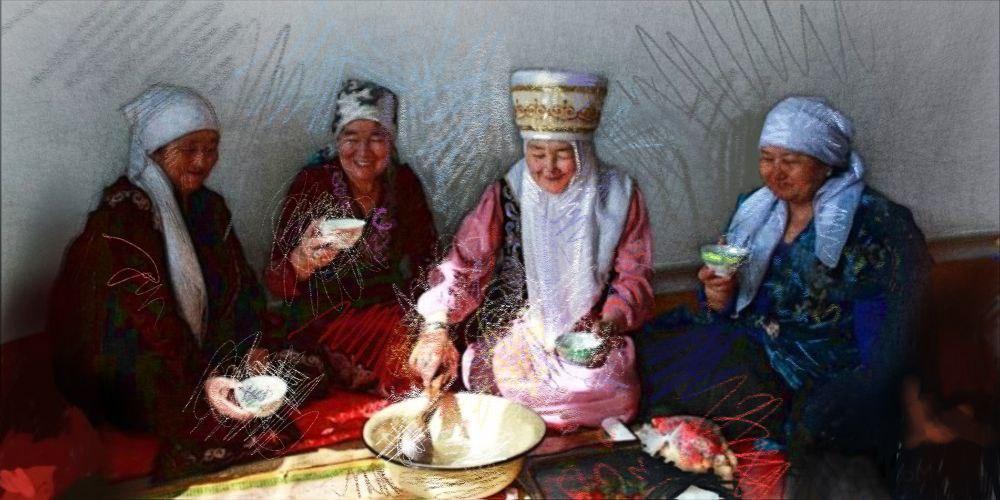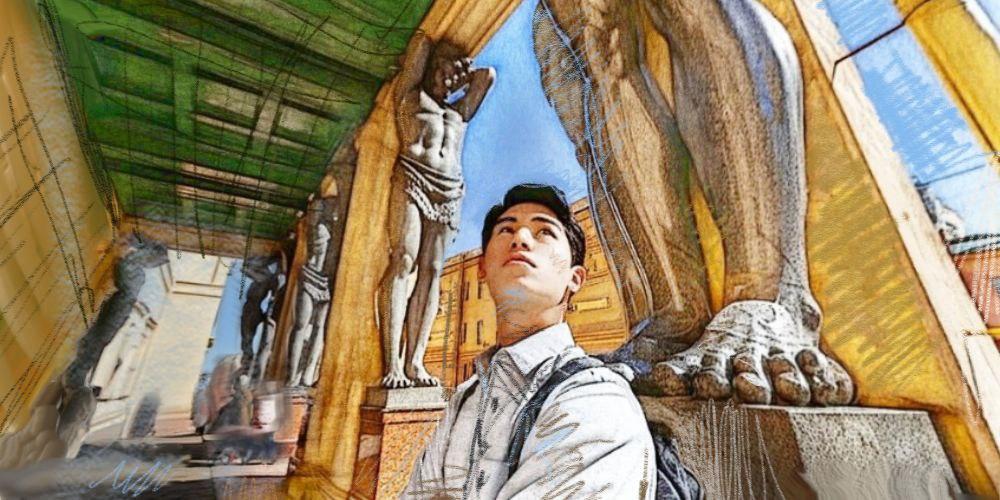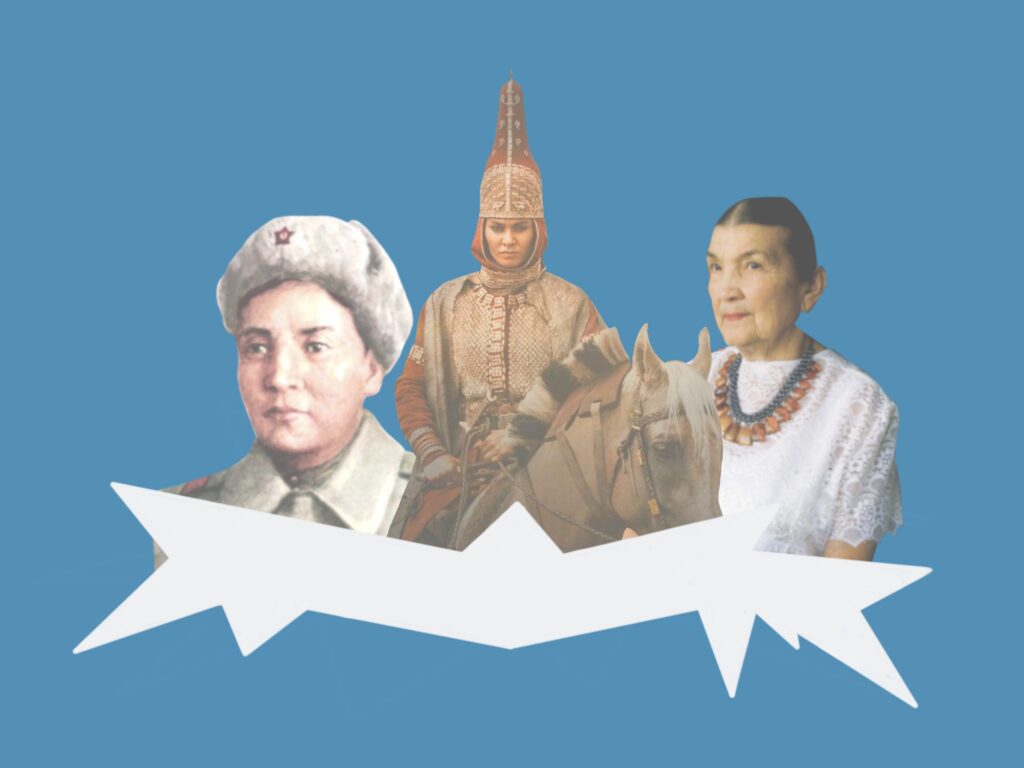Celebrating Nauryz: A Timeless Tradition of Unity, Renewal, and Heritage in Central Asia
Nauryz is more than just a holiday - it is a symbol of spring renewal, harmony, and unity that has been celebrated by the peoples of Central Asia for centuries. Marking the arrival of the spring equinox, Turkic communities welcome the New Year with purification rituals, festive gatherings, and traditional games. While the holiday shares common roots across the region, each country celebrates it uniquely, reflecting its distinct cultural heritage. Nauryz has survived through the centuries, and despite the evolution of the celebration in the modern era, it continues to unite people through traditions. Kazakhstan In Kazakhstan, Nauryz is celebrated on a large scale, transforming cities and villages into festival grounds filled with folk rituals, sporting events, and cultural performances. The holiday begins with blessings from elders and family visits. At the heart of the festive table is Nauryz-kozhe, a traditional soup made from seven ingredients, each symbolizing key values in life. “Nauryz without Nauryz-kozhe is not Nauryz," Daniyar, 29, from Almaty, told The Times of Central Asia. "When I was a child, my grandmother told me that eating it would bring luck for the year. That’s why the whole family gathers around the table.” Beyond feasting, Nauryz is a time for competitions. Among the most popular are kokpar, an equestrian contest where riders traditionally competed for a goat carcass - now often replaced with a dummy version (serke), asyk atu, a traditional game of precision using sheep bones, and kazaksha kures, a national wrestling competition. “As a child, I always looked forward to this day because it was when I could see adults displaying strength and skill," Sanzhar, 25, from Taraz, told TCA. "These traditions are passed down through generations and strengthen our culture.” Ancient customs also come to life during the festival. People wear traditional Kazakh attire, exchange gifts, and partake in purification rituals. “When I put on a [traditional] Kazakh costume, I feel a deep connection with my ancestors. There’s something magical about this holiday - the aroma of freshly cooked kozhe, the sound of the dombra, the folk dances, and the spirit of unity. It’s a day to remember who we are and take pride in our culture,” said Aizhan, 40, from Astana. [caption id="attachment_29953" align="aligncenter" width="1200"] Nauryz celebration in Almaty; image: TCA[/caption] Kyrgyzstan In Kyrgyzstan, Nauryz represents renewal and rebirth. The celebrations begin with a cleansing ritual, where people clean their homes, courtyards, and even their minds, symbolizing a fresh start. Hospitality plays a central role, as it is customary to host and visit seven guests, symbolizing openness and strong social bonds. Like in Kazakhstan, Nauryz-kozhe is a staple of the festive table. However, Kyrgyz cuisine also features kuurdak, fried meat with potatoes and onions, and osh - also known as plov or palov - emphasizing the tradition of generous feasting. The holiday is further enriched by national sporting competitions, including horse races, wrestling (kuresh), ordo, a traditional strategy game, and arkan tartysh, a tug-of-war contest. “For us, Nauryz is more than just a holiday....
4 days ago






